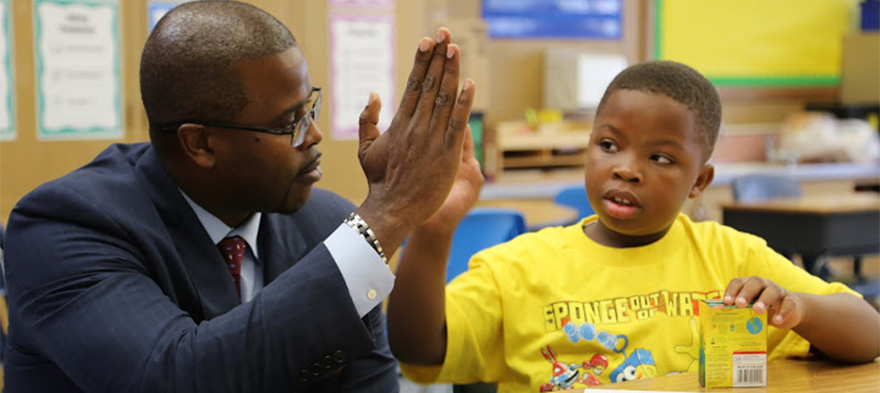
Michael Vaughn was the founding Communications Director of Education Post. Prior to that, Mike worked for 18 years in the communications offices of two urban school districts. He served in a variety of communications roles for the Chicago Public Schools starting in 1996, shortly after Mayor Richard M. Daley took control of CPS, and eventually served as the district's Communications Director until Arne Duncan’s appointment as U.S. Secretary of Education in 2009. Mike then served for five years as the Chief Communications Officer for the Denver Public Schools, a national leader in ed reform.
If you have a child with disabilities, you’re not alone: According to the latest data, over 7 million American schoolchildren — 14% of all students ages 3-21 — are classified as eligible for special...
The fight for educational equity has never been just about schools. The real North Star for this work is providing opportunities for each child to thrive into adulthood. This means that our advocacy...
The story you tell yourself about your own math ability tends to become true. This isn’t some Oprah aphorism about attracting what you want from the universe. Well, I guess it kind of is, but...
Your donations support the voices who challenge decision makers to provide the learning opportunities all children need to thrive.
Ed Post is the flagship website platform of brightbeam, a 501(c3) network of education activists and influencers demanding a better education and a brighter future for every child.
© 2020–2024 brightbeam. All rights reserved.